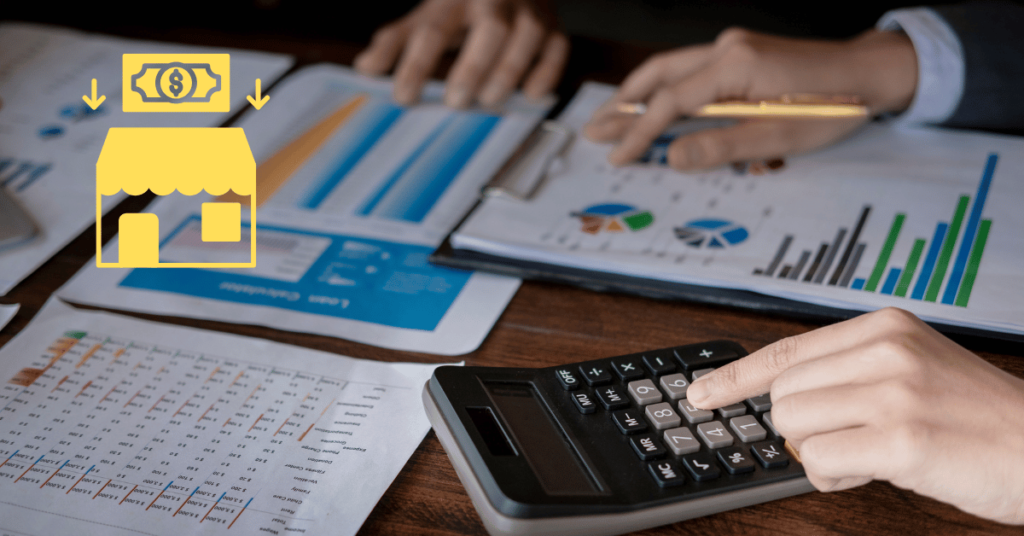Obtaining a small business loan with bad credit can be challenging, but it’s not impossible. This guide will help you navigate the process, explore your options, and increase your chances of securing financing for your business.
Understanding Bad Credit
What is Bad Credit?
Bad credit typically refers to a low credit score, which can result from missed payments, high credit utilization, or bankruptcy. A score below 580 is often considered poor.
How Bad Credit Affects Loan Eligibility
Lenders use credit scores to evaluate risk. A low score can lead to higher interest rates, larger down payments, or outright denial of your loan application. Understanding how lenders perceive your credit can help you strategize your loan application process.
Exploring Your Loan Options
1. Alternative Lenders
Alternative lenders, such as online lenders and peer-to-peer platforms, often have more flexible criteria than traditional banks. They may cater specifically to borrowers with less-than-perfect credit, providing a valuable alternative.
2. Secured Loans
A secured loan requires collateral, such as real estate or equipment. This reduces the lender’s risk and may improve your chances of approval. However, be mindful that failure to repay can lead to losing the asset used as collateral.
3. Microloans
Microloans are small loans designed for startups and small businesses. Organizations like Kiva or the Small Business Administration (SBA) offer microloans with more lenient credit requirements, making them a great option for those with bad credit.
4. Credit Unions
Credit unions may offer more favorable terms to their members compared to traditional banks. If you’re a member, explore their loan offerings, as they often have community-focused lending practices.
5. Crowdfunding
Platforms like Kickstarter or Indiegogo allow you to raise money for your business without needing a loan. While you won’t incur debt, you’ll need to present a compelling idea and be prepared to offer rewards to backers.
Steps to Secure a Small Business Loan with Bad Credit
1. Check Your Credit Report
Start by reviewing your credit report to understand your credit situation. Look for any errors that can be disputed, as correcting inaccuracies can potentially boost your score.
2. Improve Your Credit Score
If time allows, consider taking steps to improve your credit score before applying. Pay down existing debts, make payments on time, and reduce credit utilization to enhance your creditworthiness.
3. Prepare a Solid Business Plan
A well-prepared business plan can impress lenders and demonstrate your business’s potential for success, making them more willing to overlook your credit history. Include financial projections, market analysis, and a clear outline of how the loan will be used.
4. Gather Documentation
Lenders will typically require documentation, including:
- Business financial statements
- Personal and business tax returns
- Business licenses and permits
- Identification documents
Organizing these documents in advance can streamline the application process.
5. Apply to Multiple Lenders
Applying to multiple lenders can increase your chances of approval. However, be mindful of the impact on your credit score and opt for lenders that perform soft inquiries first, which don’t affect your score.
Conclusion
Securing a small business loan with bad credit can be difficult, but with the right approach, you can find options that suit your needs. Focus on improving your credit score, preparing a solid business plan, and exploring various lending options to enhance your chances of approval.
If you have any questions feel free to comment down below. We are always here to guide you!
FAQs
What options are available for small business loans with bad credit?
You can explore alternative lenders, secured loans, microloans, credit unions, and crowdfunding. Each option comes with its own set of terms and eligibility requirements, so it’s important to evaluate which fits your business needs best.
How does my credit score affect my loan terms?
A lower credit score typically results in higher interest rates and stricter loan terms. Lenders view bad credit as a higher risk, which can lead to you paying significantly more in interest over the life of the loan.
Can I get a small business loan without a credit check?
Some lenders may offer loans without a credit check, but these often come with higher interest rates or require collateral. It’s essential to read the fine print to understand the terms fully before committing.
How long does it take to get approved for a small business loan?
Approval times vary by lender, but it can range from a few hours to several weeks, depending on the loan type and the lender’s process. Preparing your documentation in advance can help expedite this process.
What should I include in my business plan to improve my chances of loan approval?
Your business plan should include financial projections, market analysis, a clear outline of how the loan will be used, and an overview of your business model. This will show lenders that you have a well-thought-out plan for using their money effectively.




